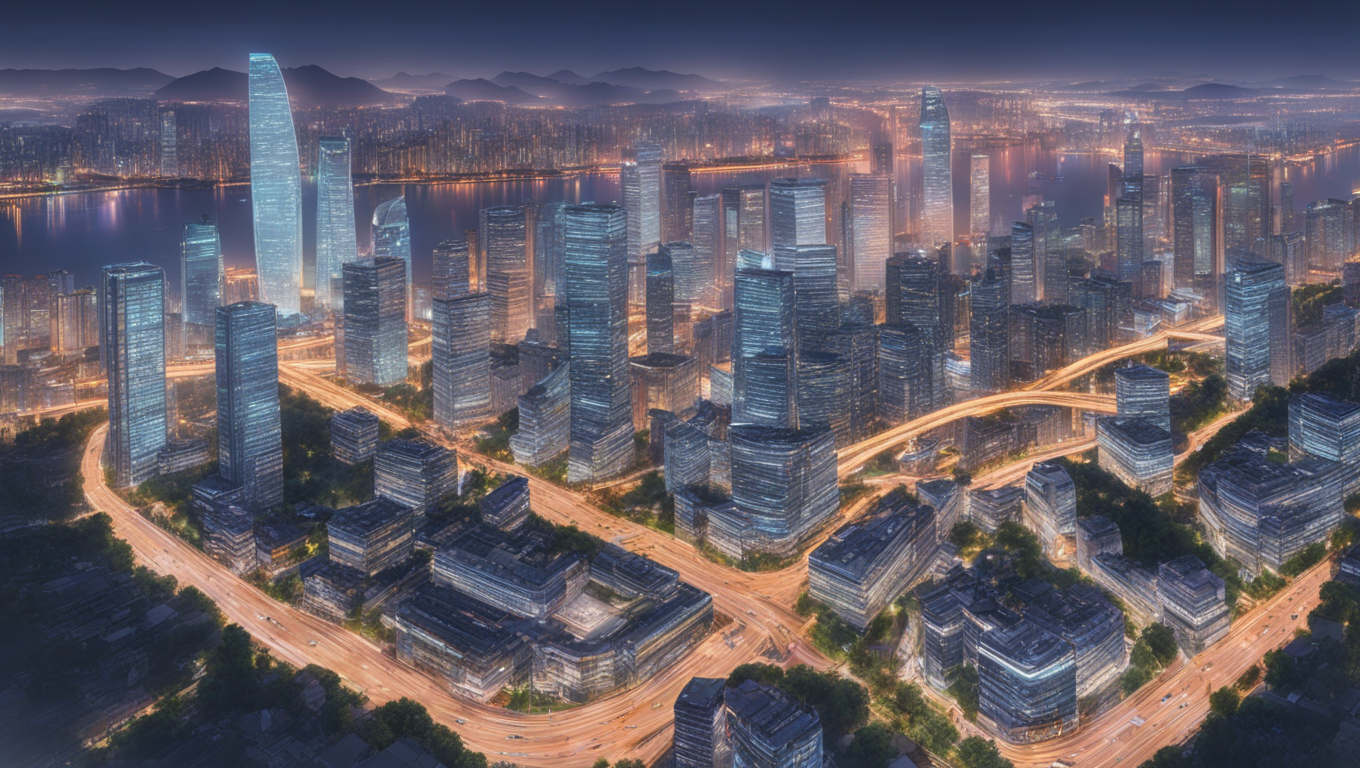The rise of artificial intelligence (AI) has sparked concerns about economic disparities. But cities in China are using AI to create smart, digital economies that benefit society as a whole. Hangzhou, for example, recently hosted the 19th Asian Games, showcasing the latest in AI, augmented reality (AR), and cloud computing. While the technological spectacle may seem like a temporary event, the preparations were part of a larger plan to improve livelihoods. Hangzhou aims to become a trailblazing AI city. The city is working on building a “city brain” to enhance AI applications in social welfare and digital governance, as well as establishing industry standards for data usage.
One example of how Hangzhou is using AI to improve the city is through big data analysis in commercial activity. By monitoring customer flow and analyzing it with 5G and AI technologies, the authorities were able to identify electric vehicles (EVs) as a growing market. As a result, Hangzhou invited seven EV brands to set up shop, boosting EV adoption and contributing to the city’s net-zero goals. Additionally, Hangzhou has installed numerous EV charging stations, including a wireless one, to support the flourishing EV market and meet the needs of the Asian Games.
Hangzhou is also leveraging AI to upgrade its public infrastructure. Real-time AI analysis of traffic patterns and commuter movements has allowed the city to launch a “blue bus” service that adjusts its routes in real time based on demand. This has helped reduce traffic congestion and increase urban efficiency while using renewable energy. Hangzhou’s car parks have also implemented automatic fee collection through AI sensors, streamlining the process and saving time for residents. Information boards equipped with AI and GPS technology provide detailed directions, and electronic road signs can even point out directions to aid navigation.
In addition to improving infrastructure, Hangzhou is integrating AI into people’s daily lives to foster sustainable living. The city’s AI laboratory for environmental monitoring automates water quality controls to reduce energy consumption. Some residential areas have implemented rainwater collection systems to recycle rainwater for cleaning and watering plants. Hangzhou’s government is also using AI technology to strengthen disaster preparedness and aims to have a meteorological system capable of forecasting extreme weather patterns a month in advance by 2025-2027.
Furthermore, the educational sector in Hangzhou and other provinces in China is teaching AI technology in schools' information science classes. By promoting the responsible use of AI, schools hope to educate the next generation on the ethical use of technology. A balanced AI education that includes technical and social perspectives prepares future industry leaders to deploy technology equitably.
The adoption of AI in public infrastructure is vital for uplifting communities and driving societal progress. It is essential for governments worldwide to take a proactive approach to AI, investing wisely and collaborating strategically with the private sector. By doing so, AI can guide a future of inclusion and shared prosperity. As Gerui Wang, a visiting scholar at Stanford University, states, “The true measure of success will not be in the sophistication of the algorithms, but in how equitably the technological benefits are distributed.”





Use the share button below if you liked it.